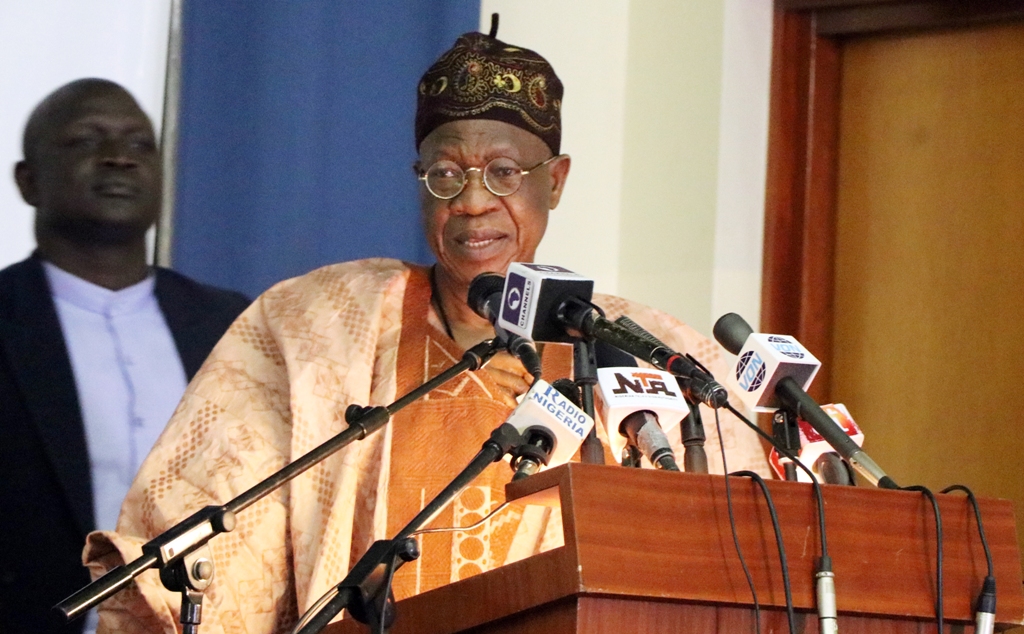Nigeria plans major shake-up of broadcasting sector

Nigeria’s Minister of Information and Culture, Alhaji Lai Mohammed (pictured), has plans to invigorate the country’s broadcasting sector. In a statement issued on 9 January, the Minister said that the National Broadcasting Commission is to “immediately implement measures aimed at re-positioning the broadcast industry with a view to sanitizing the industry, creating jobs, promoting local content, boosting the advert industry and bringing the broadcast industry up to par with the best practices from around the world.”
The moves follow the submission of a report to the Minister by a Committee which was established to look at how to re-position the broadcasting industry in Nigeria. New regulations are now likely that will mean 70% of all broadcasters’ output must originate locally, helping, according to the Minister, to empower local producers, increase the standard of locally-produced content and create jobs.
There is to be greater policing of music by broadcasters, designed to ensure that illegal, unpaid use of musical works is stamped out.
Advertising is to be locally produced or where this is not possible, a charge levied to fund the development of local expertise in production.
One of the most interesting announcements concerns sports rights. Exclusivity is to be banned in Nigeria, with a new regulation that compels broadcasters and exclusive licensees of sports rights to share the rights. This will affect Multichoice, the South African-based satellite operator that has pan-African rights for many high-profile sports. Multichoice’s ownerships of the rights has prevented competitors from carrying lucrative sports on local platforms and networks and which has hampered the development of profitable broadcasting across many African territories.
”This regulation prevents the misuse of monopoly or market power or anti-competitive and unfair practices by a foreign or local broadcaster to suppress other local broadcaster in the television and radio markets, having removed exclusivity from all content in Nigeria and mandated the sharing of all content upon the payment of commercially viable fees,” the Minister said.
